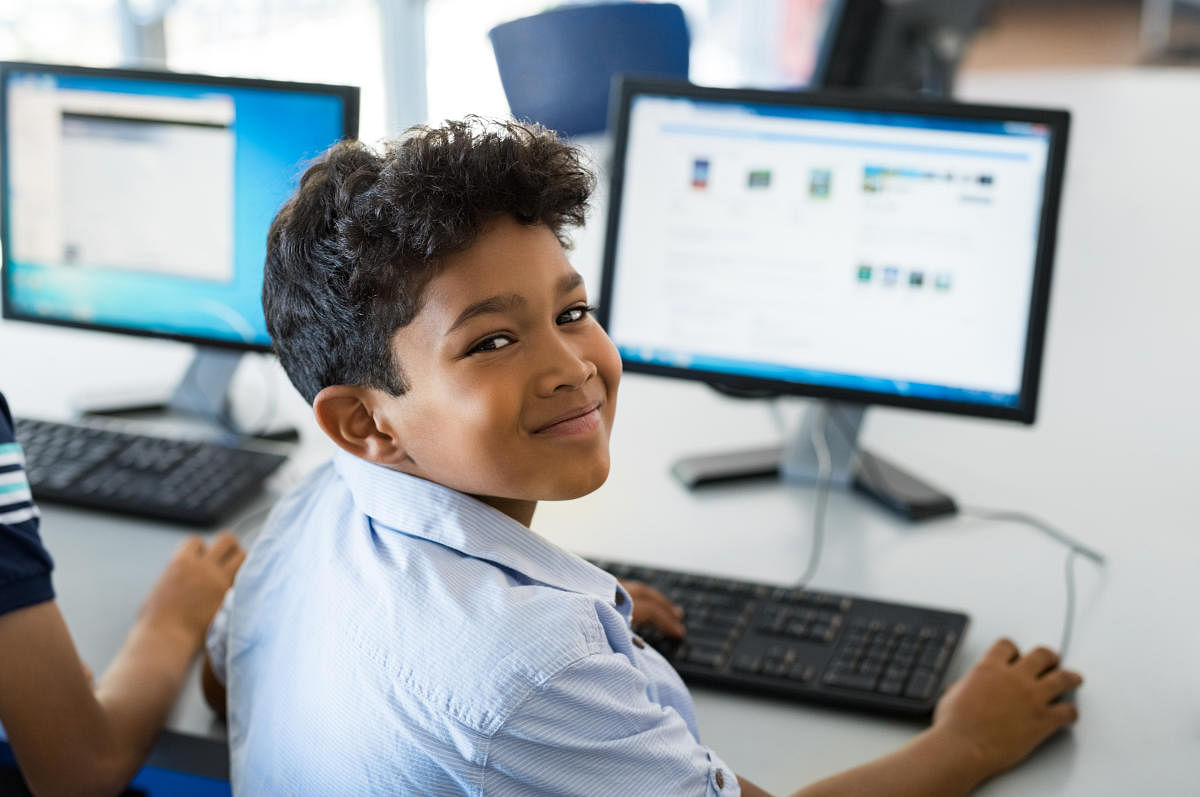
In the 17th century, during the Great Plague of London, Sir Issac Newton, forced to practice social distancing, left his room at Trinity College, Cambridge and spent a year at home. During this time, he discovered calculus and gravity, changing human history forever.
Now as we face something similar due to COVID-19, here are a few ways on how teenagers can get entertainment and gain some knowledge at the same time:
Podcasts: Interesting podcasts like 'But Why', 'The Past and The Curious', and 'What if World' do a great job of answering kids' curious questions, while encouraging more research. Young adults might find podcasts like 'How To Do Everything' and 'The Podcast History of Our World' quite fascinating. A personal favourite is 'How I built this', which offers an insight into how entrepreneurs create their ventures. They can have their own podcasts too.
Documentaries: Some documentaries are perfect for people of all age groups, like Neil DeGrasse Tyson's 'Cosmos', a riveting show that tries to unravel the secrets of our universe. 'Brainchild' demonstrates how the brain works. However, ensure that your child does not binge-watch, for studies indicate a correlation between many hours of television viewing and sleep deprivation.
Online courses: Use this unscheduled holiday to strengthen your children's scientific temper and artistic creativity by enrolling them to online courses. They can learn coding, music, writing, comprehend philosophy, study ancient history, and also prepare for competitive examinations from the comfort of their living room.
Mindfulness: As the greats used to say, stop and smell the roses! Encourage your child to learn and practice mindfulness and meditation. Mindfulness means being in the present and engaging with the current activity, and meditation helps in strengthening the mind and enhances focus.
Rest and recharge: Doing nothing and relaxing the mind is just as fruitful as participating in various activities. Urge your kids – yes, even teenagers – to take small naps in the afternoon after their meals. Research says a power nap is hugely productive. Get them to eat a healthy meal, rest, wake up and do a quick jog or walk around the house for much-needed exercise and spend time with the family.
(The author is founder, School of Meaningful Experiences)